Global prescription drug sales will soon exceed $1 trillion per year. With this much at stake, it’s not surprising that the market for counterfeit medicines is also booming.
It’s a complex threat, which North Reading, Massachusetts-based TraceLink aims to tackle with software that can monitor every ingredient and every stage of an international drug supply chain.
On Wednesday the company announced a new $51.5 million Series C financing round that will help the company scale and manage the huge volumes of data involved. The round was led by Goldman Sachs Growth Equity (GS Growth), with backing from earlier investors FirstMark Capital, Volition Capital, and F-Prime Capital.
Founded in 2009, TraceLink caters to businesses at every manufacturing stage with a family of Software as a Service (SaaS) applications, integrated with Amazon Web Services. By offering a range of software solutions TraceLink can begin to address one of the major industry challenges — a lack of international standardization.
“As part of a global marketplace, the pharmaceutical industry is facing an increasingly complex set of laws and regulations designed to secure the supply chain from manufacturer to consumer,” said Jason Kreuziger, a vice president on the GS Growth team in the Merchant Banking Division at Goldman Sachs. “TraceLink’s solution uniquely addresses the challenges of capturing, storing and transmitting product identifying data at scale and across a large number of supply chain partners.”
From a manufacturing standpoint, supply chains continue to increase in length and complexity. Hundreds of raw materials and components come together in different countries around the world. To produce a valid product, manufacturers have to comply with many country-specific track and trace requirements, which are distinct and ever-evolving.
The World Health Organization estimates that up to 10 percent of medications distributed throughout the world are counterfeit. While developing countries are disproportionately affected, the United States is not immune.
Counterfeit drugs can — and do — enter drug supply chains at every point. Each year they cause hundreds of thousands of deaths and cost the industry an estimated $75 billion in revenue.
Unlike other fields, there have been no universal guidelines for companies to follow. But with the introduction of the Drug Supply Chain Security Act (DSCSA) the industry’s haphazard oversight is slowly beginning to improve.
Signed in 2013, the DSCSA is being phased in over a number of years. By 2020, 50 countries will require an interoperable system for tracking and tracing authentic medications.
In the news release, president and CEO Shabbir Dahod said TraceLink’s software caters directly to that need.
“Thousands of businesses in the pharmaceutical supply chain need to make decisions on how to comply with time-bound regulations. With limited choices available, TraceLink wants to give these companies the opportunity to meet the regulations and achieve benefits beyond compliance with an established track and trace solution that can help them safely deliver drugs to patients.”
The issue of counterfeit drugs extends beyond good tracking and tracing software. Countries also have to grapple with demand and how to police the industry, as consumers take advantage of increased access to prescription drugs, mediated by the Internet.
But for pharma, compliance must come first, to protect their brand and their customers.
